Feature: Running The Race - David LaMarr's Fight For BIPOC Equality In Live Entertainment
"I kind of woke up this year, drastically, just shaken. And I'm glad that the entire community is fighting for it. We're actually raising our voices, now."
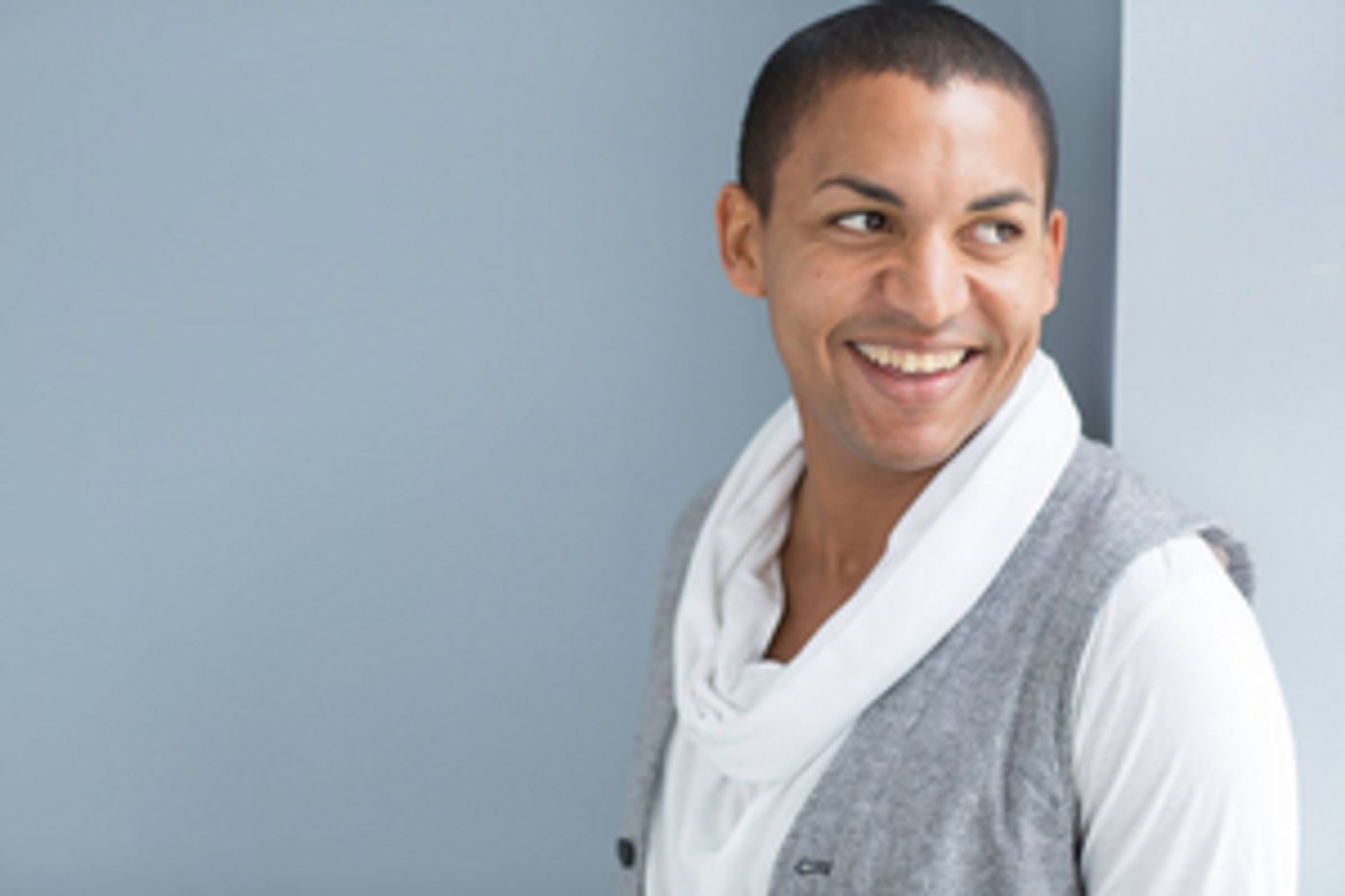
David LaMarr is fed up. He is fed up and he is speaking out, and he doesn't care whose feathers get ruffled or whose nose gets out of joint along the way, as long as his message is heard and things change. The 32-year-old musical theater actor is doing everything he can to make the lives of BIPOC performers more inclusive, and whether in person, at the table, or on Facebook, that means being loud and being unafraid to call people out when he sees exclusion. That's what happened on September 18th, when he saw an announcement for a nearly all-white event being produced by the learning institute SINGNASIUM. LaMarr called out the organization and its founder, Lennie Watts, in a Facebook post that included a LaMarr-created graphic to illustrate the nineteen to one ratio of white performers appearing in the show. The Facebook post sparked much response, including one from Watts himself, who reached out to his friend, Mr. LaMarr, with one simple message: please call me.
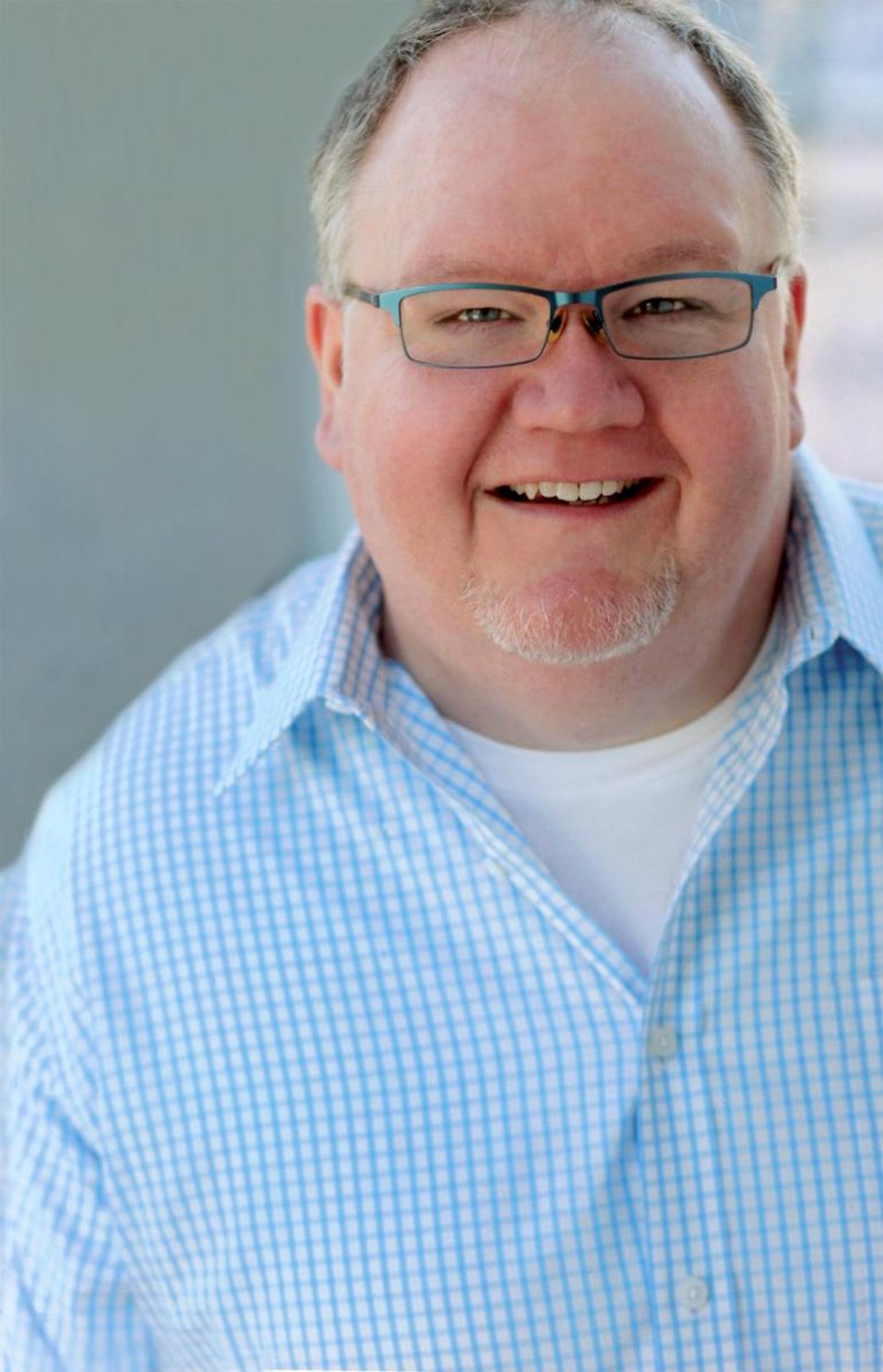 Less than 24 hours later, David LaMarr took to Facebook again, this time to clarify, to apologize, and to promote that very same event, which Watts had explained was Singnasium's benefit fundraiser featuring students and instructors - it was not an open casting call, where anyone could get a chance to perform. If the number of BIPOC (Black/Indigenous/People of Color) performers appearing was limited, it was because the number of people of color involved with Singnasium was also limited, which is exactly why, earlier in 2020, Watts extended teaching opportunities to four BIPOC instructors, all of whom have joined the faculty and will be working in the next session of classes. Lennie Watts made a change, and that's what David LaMarr wants to see, making it his obligation and pleasure to support Singnasium.
Less than 24 hours later, David LaMarr took to Facebook again, this time to clarify, to apologize, and to promote that very same event, which Watts had explained was Singnasium's benefit fundraiser featuring students and instructors - it was not an open casting call, where anyone could get a chance to perform. If the number of BIPOC (Black/Indigenous/People of Color) performers appearing was limited, it was because the number of people of color involved with Singnasium was also limited, which is exactly why, earlier in 2020, Watts extended teaching opportunities to four BIPOC instructors, all of whom have joined the faculty and will be working in the next session of classes. Lennie Watts made a change, and that's what David LaMarr wants to see, making it his obligation and pleasure to support Singnasium.
But that Facebook post, and many others like it, are opening up the cabaret community to a broader discussion, and everyone is welcome to participate. Indeed, hours after the resolution of the Singnasium dust up, LaMarr received an invitation from Mabel Mercer Foundation Artistic Director KT Sullivan to appear in the upcoming virtual Cabaret Convention, an invitation that he told her he would be happy to accept - on the proviso that the lineup is one of diversity. After years of being tokenized in plays like The Little Mermaid, Mulan, and Jersey Boys, LaMarr is insistent that the projects to which he will give his time and talent illuminate and elevate the careers of more than one BIPOC artist. Happy to accommodate David's request, KT scheduled a sit down where she got to answer the questions "Are all communities being represented? Are all voices being heard? More to the point: are Black and Brown voices being amplified?"
"I do love that people are open to these conversations," says LaMarr. "And I do think that we will eventually get to where we need to be, but someone has to guide this... and not be afraid to just say, 'You can do better.' I've kind of taken that as my responsibility." LaMarr observes that the change is slow coming: "I showed up in 2014 but it doesn't look like anything's been happening."
.jpg?format=auto&width=1400) From memory, KT Sullivan can name a number of BIPOC artists who have been included in the Cabaret Conventions over the years, pointing out that many of them come from the jazz world ("I think cabaret includes jazz - and if you include jazz, it's not white! I don't think cabaret should be white!"). Even with the change that eight years of her work has brought to the Foundation and the Convention, Sullivan is determined to broaden the inclusivity factor of cabaret so much that she has committed to including Latinx and Asian artists in future Cabaret Conventions, declaring "I'd LOVE to have more and more! If I see someone... when things were going on I was out almost every night looking. I just love talent and it comes in all colors and ethnicities." More than just ethnicity, Ms. Sullivan seeks to diversify in other ways, expressing a focus on the inclusion of drag artists and gender fluidity in The Cabaret Convention. "I think our country is changing, it's younger and it's more diverse, and people are seeing things differently. I can't wait to use gender fluid (artists). I'm looking, and when I find them, I'll put them on!" KT does not, though, apologize for the fact that so many of the artists featured at The Cabaret Convention are more seasoned than others. "I love using new young people, and I look for them everywhere I can. It's just that I think someone like Sandy Stewart should be heard because of her wisdom, wisdom that comes with age - and there's something that lends itself to interpreting a song, a way that comes with wisdom."
From memory, KT Sullivan can name a number of BIPOC artists who have been included in the Cabaret Conventions over the years, pointing out that many of them come from the jazz world ("I think cabaret includes jazz - and if you include jazz, it's not white! I don't think cabaret should be white!"). Even with the change that eight years of her work has brought to the Foundation and the Convention, Sullivan is determined to broaden the inclusivity factor of cabaret so much that she has committed to including Latinx and Asian artists in future Cabaret Conventions, declaring "I'd LOVE to have more and more! If I see someone... when things were going on I was out almost every night looking. I just love talent and it comes in all colors and ethnicities." More than just ethnicity, Ms. Sullivan seeks to diversify in other ways, expressing a focus on the inclusion of drag artists and gender fluidity in The Cabaret Convention. "I think our country is changing, it's younger and it's more diverse, and people are seeing things differently. I can't wait to use gender fluid (artists). I'm looking, and when I find them, I'll put them on!" KT does not, though, apologize for the fact that so many of the artists featured at The Cabaret Convention are more seasoned than others. "I love using new young people, and I look for them everywhere I can. It's just that I think someone like Sandy Stewart should be heard because of her wisdom, wisdom that comes with age - and there's something that lends itself to interpreting a song, a way that comes with wisdom."
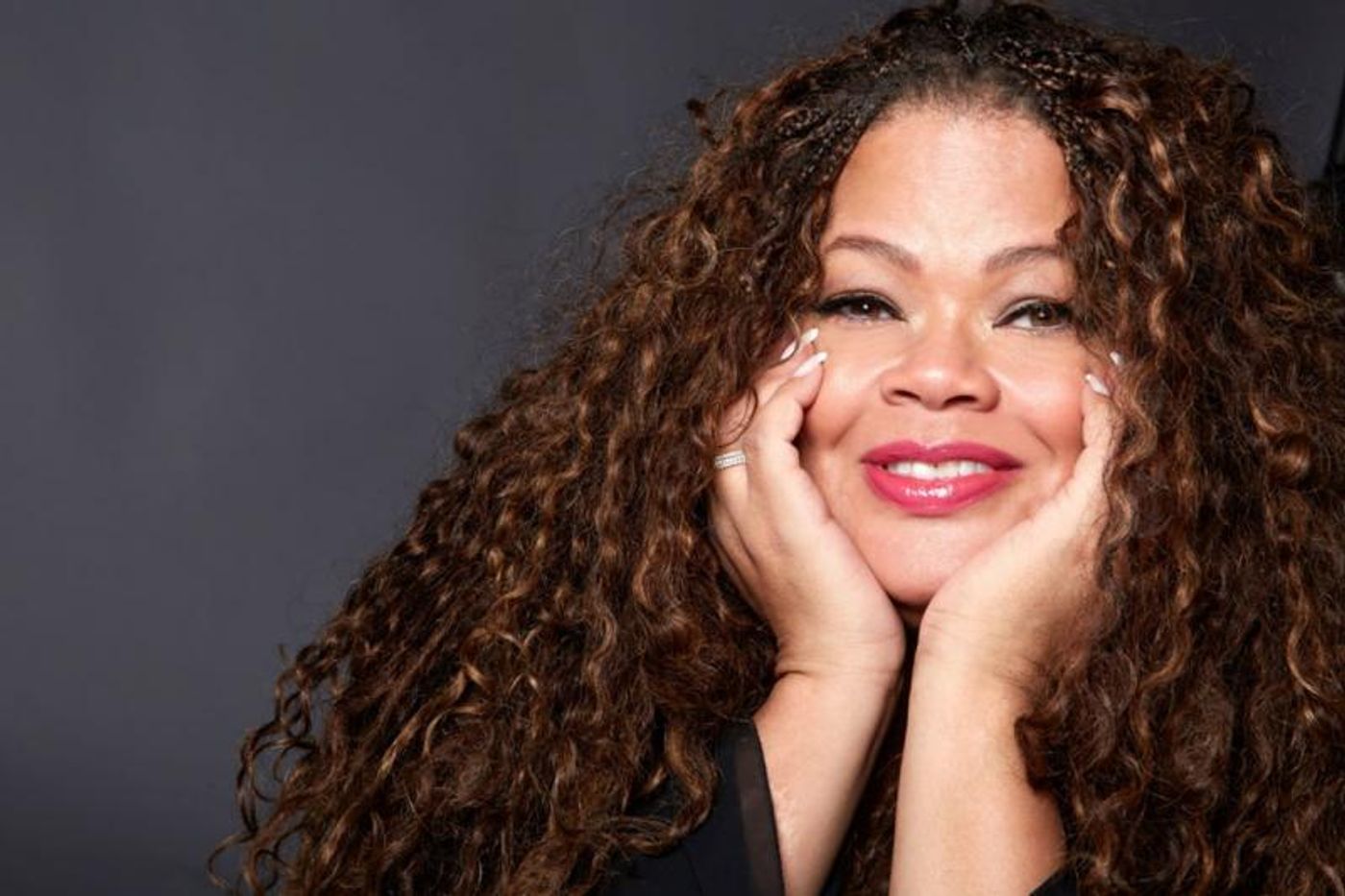 Natalie Douglas, a leader in the community as both a performer and a woman of color, is quick to defend Sullivan's work. "I always give credit to KT Sullivan because one of the first things she did, after she became artistic director of the Mabel Mercer Foundation in the fall of 2012, was to have a conversation with me about making cabaret more inclusive on stage and in the audience. She is aware of the lack (of diversity) and she has committed to changing it. And (she) doesn't have to take this on if she doesn't want to -- and there are plenty of people who would prefer that she did not -- so I appreciate her doing that."
Natalie Douglas, a leader in the community as both a performer and a woman of color, is quick to defend Sullivan's work. "I always give credit to KT Sullivan because one of the first things she did, after she became artistic director of the Mabel Mercer Foundation in the fall of 2012, was to have a conversation with me about making cabaret more inclusive on stage and in the audience. She is aware of the lack (of diversity) and she has committed to changing it. And (she) doesn't have to take this on if she doesn't want to -- and there are plenty of people who would prefer that she did not -- so I appreciate her doing that."
In spite of Sullivan's commitment and her own outspokenness about race relations in the industry, Natalie needs no prompting to admit that there is a problem.
"Cabaret has a whiteness problem and has for as long as I've been in it, which is 31 years. I think it's made a bit worse because there are so many white people in cabaret who don't want to acknowledge that. Here's the bottom line: People think racism is bad in the abstract. People do not think of themselves as bad people, so therefore they can't be racist. And if they're not racist, then there's not a problem."
After three decades of working hard for her success, Douglas has a clear viewpoint on racism, be it at work, at home, or out in the world: "Where you put your money matters, and what you say with your money, because it's very easy to make your top 10 list of artists you admire and all the Black people on it are dead. Plenty of white people will tell you how much they love Billie Holiday but how do you spend your money now? What living artists are you supporting? Who gets your few dollars when it comes to musicianship? That first week after the George Floyd murder, I can't tell you how many people wrote me emails and asked if I'd be willing to come and to talk to their women's organization but they wanted me to do that for free. We are in this boat because white people want black people to work for them for free - we are not going to get out of it by me doing the labor for you for free. You can hire me to come and teach a diversity class at your church or whatever. But no, I'm not doing that work for you because it isn't hard to do. You do the work. That is really all white privilege is: the option not to do the work and still live a whole entire life."
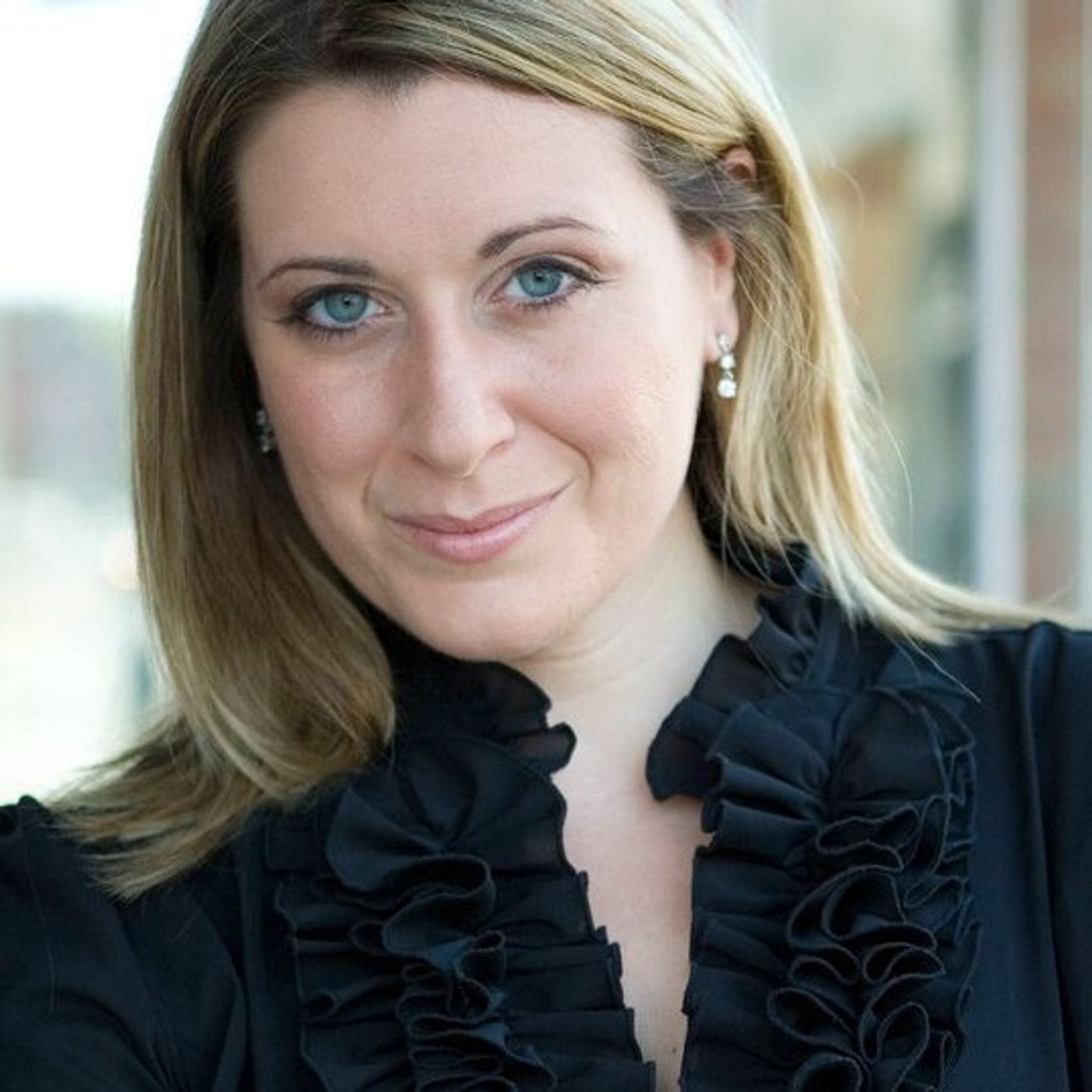 Both Douglas and LaMarr are doing their work, as artists and activists, wherever they can. While David declines to participate in productions with the appearance of tokenism, Natalie will not hesitate to bring it to others' attention that the people who make up either their band or their dinner party guests are exclusively white. These eye-opening observations are more than just moments in the life of an activist: they are like breathing for David and Natalie - it is their life and the life of every other person of color who deserves equality. David is willing to acquiesce that sometimes the appearance of exclusivity narrows down to other, often unspoken, explanations - like when NiCori Studios and Productions couldn't get more than one BIPOC entertainer for their Music At The Mansions concert series because "... no one wanted to come out to Jersey - some folks just don't want to perform right now. And also, you have to have a following to get people to buy tickets. I understand - that's why I don't do shows out (in Jersey) - I feel like I don't have the greatest following." Corinna Sowers Adler of NiCori says: "We are going to do our best to be sure and include BIPOC performers in our projects. I was grateful to David for reaching out and am inspired by his efforts to make the cabaret world a more inclusive one."
Both Douglas and LaMarr are doing their work, as artists and activists, wherever they can. While David declines to participate in productions with the appearance of tokenism, Natalie will not hesitate to bring it to others' attention that the people who make up either their band or their dinner party guests are exclusively white. These eye-opening observations are more than just moments in the life of an activist: they are like breathing for David and Natalie - it is their life and the life of every other person of color who deserves equality. David is willing to acquiesce that sometimes the appearance of exclusivity narrows down to other, often unspoken, explanations - like when NiCori Studios and Productions couldn't get more than one BIPOC entertainer for their Music At The Mansions concert series because "... no one wanted to come out to Jersey - some folks just don't want to perform right now. And also, you have to have a following to get people to buy tickets. I understand - that's why I don't do shows out (in Jersey) - I feel like I don't have the greatest following." Corinna Sowers Adler of NiCori says: "We are going to do our best to be sure and include BIPOC performers in our projects. I was grateful to David for reaching out and am inspired by his efforts to make the cabaret world a more inclusive one."
In response, David made it a goal to seek out name performers in Sowers Adler's area who might sell tickets, so that he could provide NiCori Studios and fellow BIPOC artists with opportunities, no matter how taxing the efforts. "I think as a black person, I have an obligation to open up doors like that for my own community. I do want to drop names, and do a whole list - y'all should have a list by now! You should! I'm tired of doing the work. Are you doing the work? I don't want the BIPOC community to take on this burden of having to keep fighting and trying to have people make room for us. I just want to see it all done."
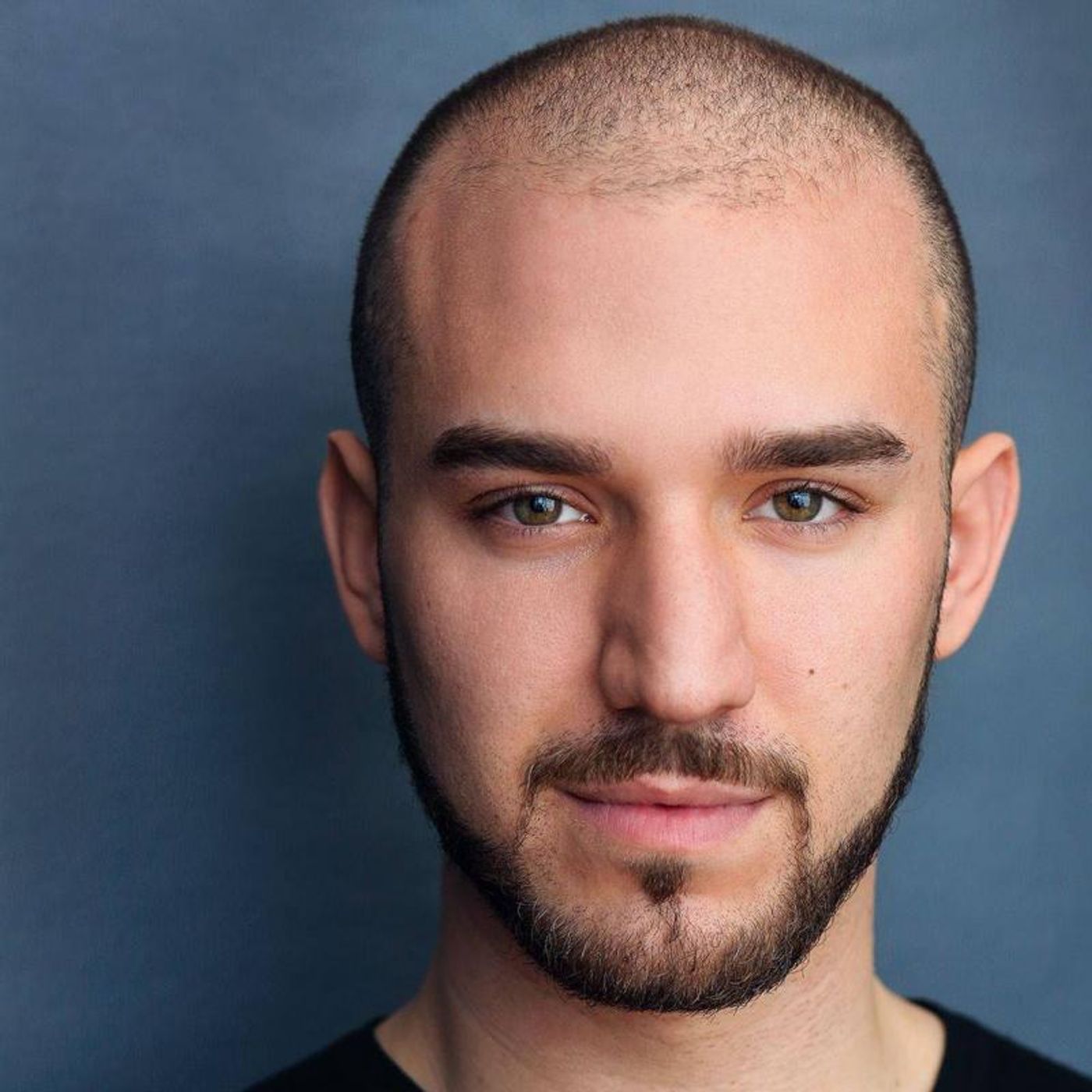 A member of the next generation of cabaret artists, Ari Axelrod is determined to change the narrative, to give the industry a much-needed diversity boost. The 26-year-old says "There is a difference between saying 'You are welcome here' and saying 'This was made with you in mind'- that's why I mentor people of all diversities in my own work." Axelrod, like Watts, is working toward change. Asked how the community can do their part, Lennie offers: "I think people can be encouraged to go see performers that they might not know - if somebody enters our community, we can encourage them. I also encourage younger people, or people of color, to let people in their other circles know what happens in these rooms. And things can certainly be more inclusive in any kind of a public forum showcase." It also wouldn't hurt, hints Watts, if some BIPOC members of the community ran for the board of the Manhattan Association of Cabaret, for which he has been President for the better part of a decade. "(Cabaret) is the place for people of all types, all ages, all races, all backgrounds, to get on a stage and tell their story. In the arts, I don't know of any community that's as open as the cabaret community because literally anyone can do it."
A member of the next generation of cabaret artists, Ari Axelrod is determined to change the narrative, to give the industry a much-needed diversity boost. The 26-year-old says "There is a difference between saying 'You are welcome here' and saying 'This was made with you in mind'- that's why I mentor people of all diversities in my own work." Axelrod, like Watts, is working toward change. Asked how the community can do their part, Lennie offers: "I think people can be encouraged to go see performers that they might not know - if somebody enters our community, we can encourage them. I also encourage younger people, or people of color, to let people in their other circles know what happens in these rooms. And things can certainly be more inclusive in any kind of a public forum showcase." It also wouldn't hurt, hints Watts, if some BIPOC members of the community ran for the board of the Manhattan Association of Cabaret, for which he has been President for the better part of a decade. "(Cabaret) is the place for people of all types, all ages, all races, all backgrounds, to get on a stage and tell their story. In the arts, I don't know of any community that's as open as the cabaret community because literally anyone can do it."
For her part, KT Sullivan says, "I think of the cabaret world as being inclusive. If you have something to say, you can put on your show. It's not as if you're not going to be cast in a Broadway show. You can do your own show! ALL these clubs are open to us! Isn't that beautiful? That's the beauty of our industry! If you want to say something, you can say it and we will listen."
The only opinions that count, though, are Natalie's and David's, and every other performer of diversity who feels unseen. According to Natalie, "The simple truth is, if you want it to be different, then you have to work to make it different. I think a lot of people would like to believe that it's beyond their control. They're just one person, you know? I had a conversation with a cabaret singer last week who was saying she would love to make a difference, but she doesn't know how. And I was kind of like, 'Okay, tell me what your bands have looked like for the last three years.' And she was like, "Uh..um...oh...' Yeah. There's a place you can make a difference. Right there. It's real easy. It really is. Look at your life and fix it."
And David? Well, he has his sights set on making change from within a board room, rather than from behind a keyboard. "We have to start getting into the room that makes all the decisions. We have to start getting in those conversations. Because I can shout all I want on the outside. I can do all this with you, we can talk all day, you can write all the articles, but it's all about those folks making the decision. We have to get in. We HAVE to get in - that's the room that matters. That's the table that I have to be at. I make sure that I stand by what I say, and if I'm wrong, I'm wrong. And if I'm right, well, then we need a change."
Videos

